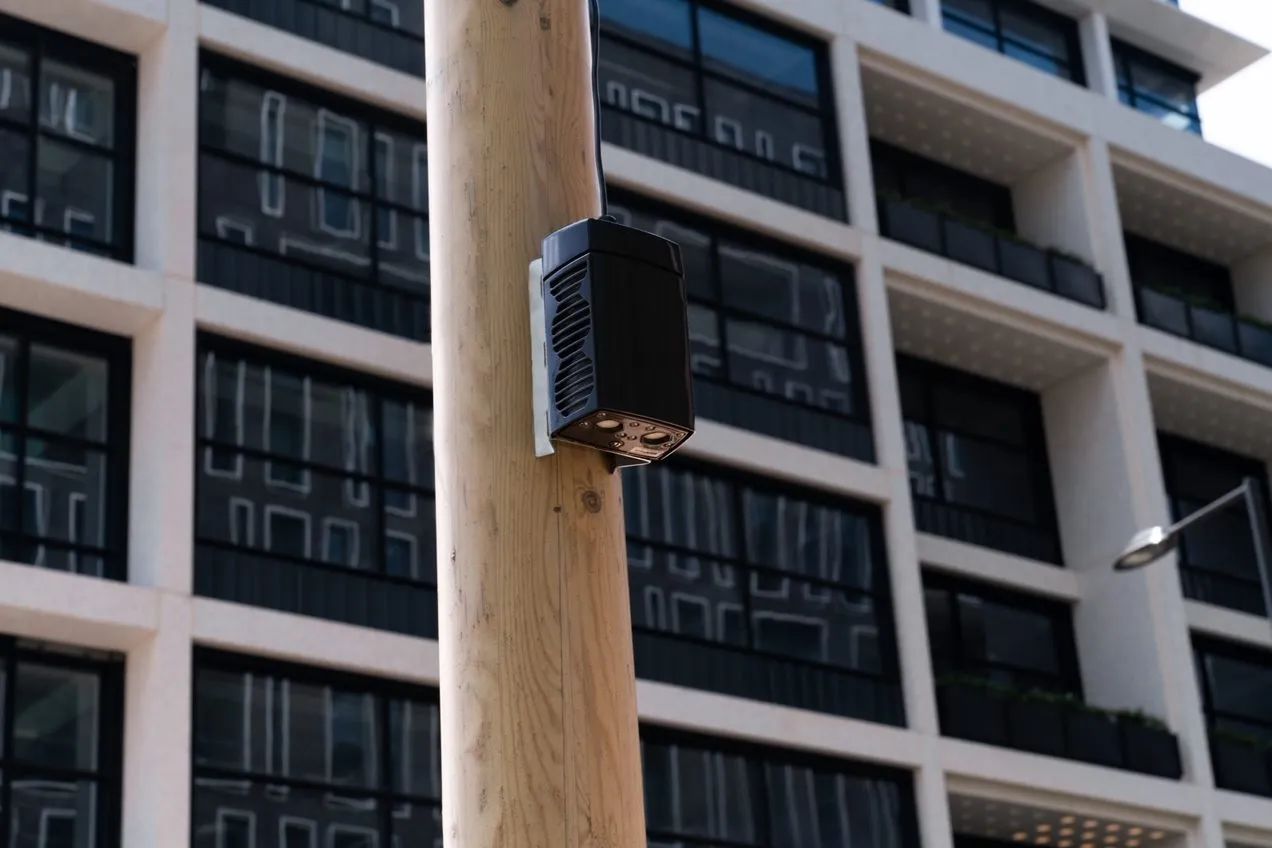Lime’s scooters and warehouses in France will be powered by local, solar and small hydro projects in a bid to advance clean micro mobility in Europe, the firm says.
The move stems from a three-year agreement with Planète Oui, an electricity provider which supplies 100% local and renewable energy.
As part of the deal, Lime’s ‘Juicer’ partners which join Planète Oui will receive a free three-month subscription to the service and an additional 20% discount on their monthly subscription thereafter.
J
April 30, 2019
Read time: 1 min
Lime’s scooters and warehouses in France will be powered by local, solar and small hydro projects in a bid to advance clean micro mobility in Europe, the firm says.
The move stems from a three-year agreement with Planète Oui, an electricity provider which supplies 100% local and renewable energy.
As part of the deal, Lime’s ‘Juicer’ partners which join Planète Oui will receive a free three-month subscription to the service and an additional 20% discount on their monthly subscription thereafter.
Juicer is a community of independent workers who help Lime by collecting, recharging and distributing the company’s e-scooters. Lime insists members can earn up to $30 per hour and $100 per night for collecting, recharging and redistributing the electric scooters.









